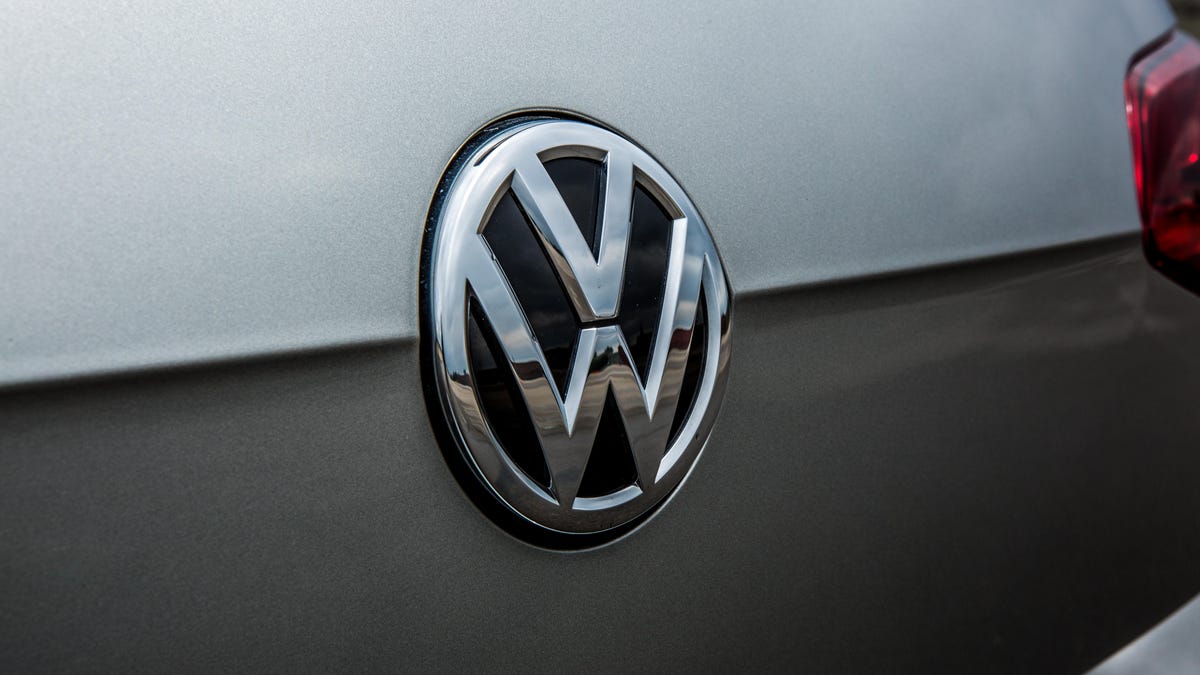Volkswagen, regulators determining efficacy of latest 2.0-liter diesel fix
There's still no word on what will happen with its 3.0-liter diesels, however.

There's no guarantee this fix will actually be approved, though.
When Volkswagen announced its $15 billion settlement with US regulators, part of that settlement involves fixing some of the brand's dirty 2.0-liter diesel vehicles. Problem is, VW and the feds have yet to agree on a fix. That impasse might soon be removed, though, as the two parties are soon to begin testing a solution.
The California Air Resources Board and Volkswagen are set to begin testing a solution that will bring VW's 2.0-liter diesels to a state of emissions compliance. The fix will involve both hardware and software, Reuters reports. This will cover three generations of VW's 2.0 TDI diesel engines.
"They brought in a whole new team of people to work on various aspects of this," said Mary Nichols, CARB chairwoman, in an interview with Reuters. "There's just a greater sense that we're dealing with people who have access to the decision makers in Germany, and who understand their credibility is on the line."
Even though a fix is mentioned in the brand's $15 billion settlement, if one is not approved, the brand will be forced to buy back as many of its diesels as possible, which would greatly ramp up the automaker's costs. Owners have the ability to ignore the settlement and keep their cars as-is, but Volkswagen needs to buy back or fix a certain percentage of those vehicles, as laid out in the settlement.
Volkswagen ended up in this situation last year, after it admitted to willfully deceiving emissions regulators around the world. Special software in its vehicles would curb nitrogen-oxide emissions during lab testing, but the vehicles would pollute in excess of legal limits once out on the road. A small chunk of VW's settlement will go toward environmental remediation funds.

